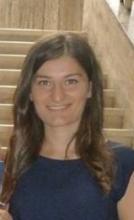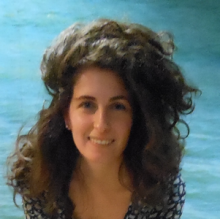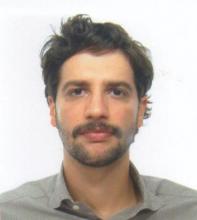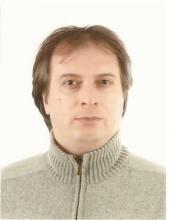Anastasia Bogomolova
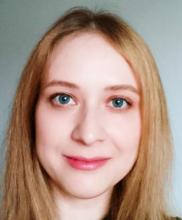
I graduated in 2010 at the Ural Federal University of Ekaterinburg, Russia as Nuclear Engineer, with a specialization in Radiation Protection of Human and Environment. In my third year at university I became interested in economic disciplines, so I undergraduated in Economics and Business Administration, in parallel with the main course. After the graduation I started to work for the Russian federal enterprise «Rosatom», which is responsible for the whole cycle of treating and accounting radioactive waste. As an engineer of management and control, I was responsible for collecting data for the Russian Federation database of radioactive waste, with further use of these datasets for analysis and statistical studies.

